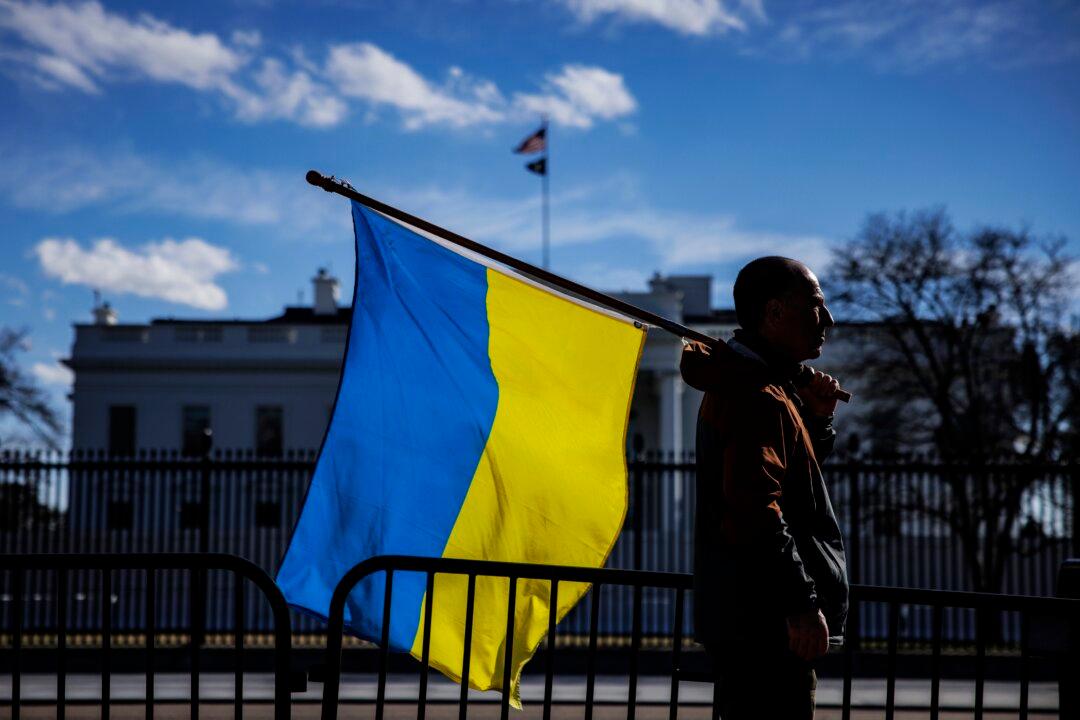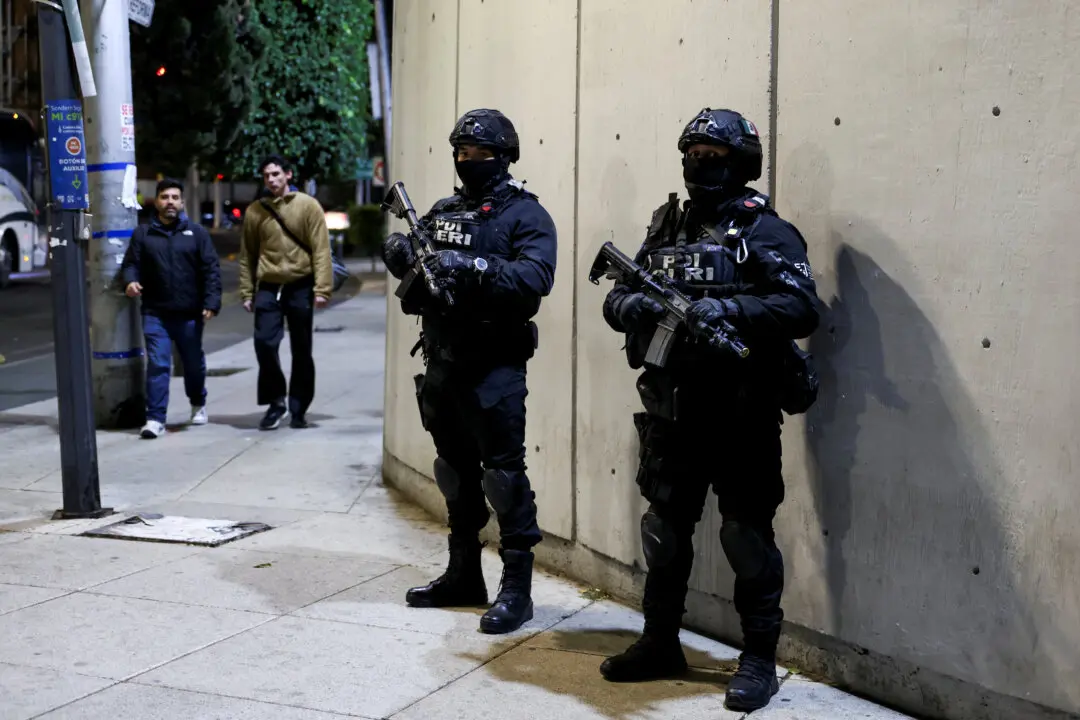Commentary
A new law to fund the government for 45 days and avert a shutdown omitted funding for Ukraine and was rapidly followed on Oct. 3 by Republicans beheading themselves in the House of Representatives. A “gang of eight hard-liners” led by Rep. Matt Gaetz (R-Fla.), called the “chaos caucus” by detractors, combined with Democrats to oust Speaker of the House Kevin McCarthy (R-Calif.). Chaos, indeed.





